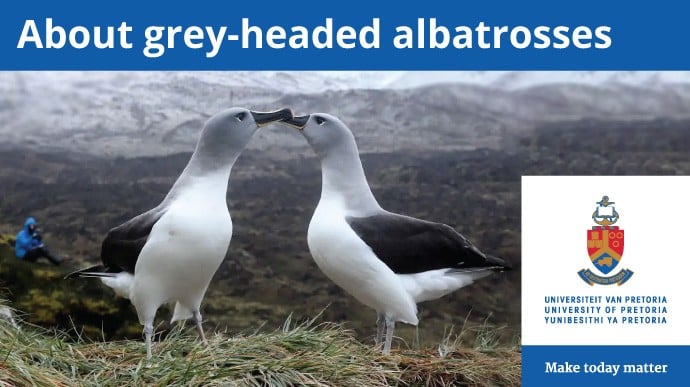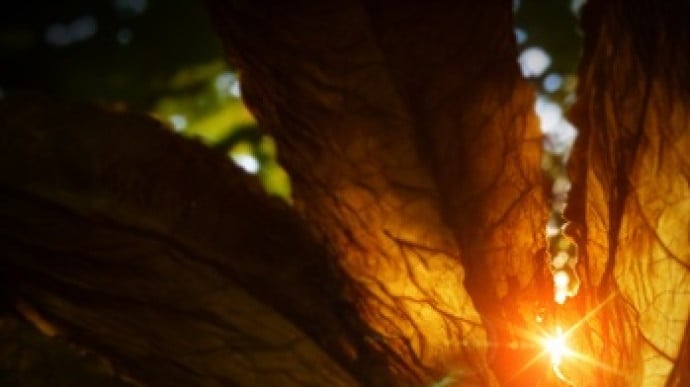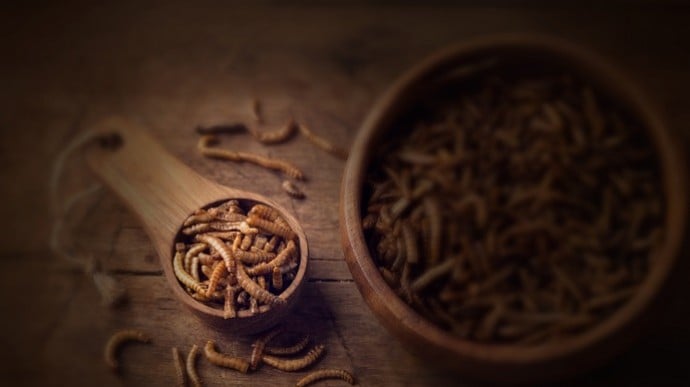 Infographic
Infographic
Tracking the albatross by data, not myth and from sea to sky. The 'rime' and reason behind why they're such efficient gliders but are at the mercy of the wind to get them to stop safely and take off again.
 Story
Story
Rabies predominantly affects marginalised populations. Although effective human vaccines and immunoglobulins exist, the immunoglobulins are often inaccessible or unaffordable to those in need. An international drive to develop alternative post-exposure prophylaxis (PEP) biological alternatives, led by the World Health Organisation, is underway.
 Story
Story
A distressed elephant with a fractured tusk is not unfamiliar to Professor Gerhard Steenkamp, a veterinary specialist in dentistry and maxillofacial surgery at the University of Pretoria’s (UP) Faculty of Veterinary Science. Over the years, he has travelled the world to lead and assist with specialised procedures involving elephants and other wildlife species.
 Story
Story
Cricket à la king? How about a yellow mealworm burger? Foods that may previously have evoked a ‘yuck’ response are now firmly on the menu. Research into edible insects by the Department of Zoology and Entomology at the University of Pretoria (UP) is exploring how to rear and harvest this food of the future.
 Story
Story
A single query to ChatGPT uses as much electricity as burning a light bulb for about 20 minutes. Multiply that by the millions of requests that this artificial intelligence (AI) chatbot receives each day, and the environmental impact is ominous.
 Story
Story
University of Pretoria (UP) researchers have found that the antioxidant content of certain types of tea can be likened to that found in recommended portions of fruit and vegetables.
Copyright © University of Pretoria 2025. All rights reserved.
Get Social With Us
Download the UP Mobile App